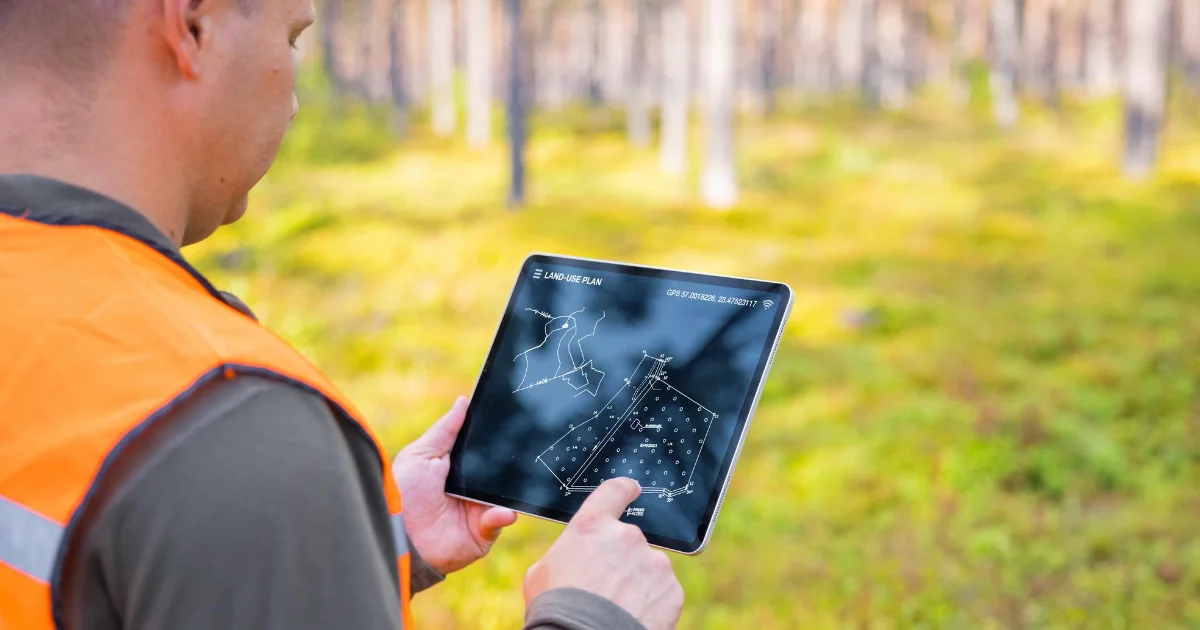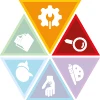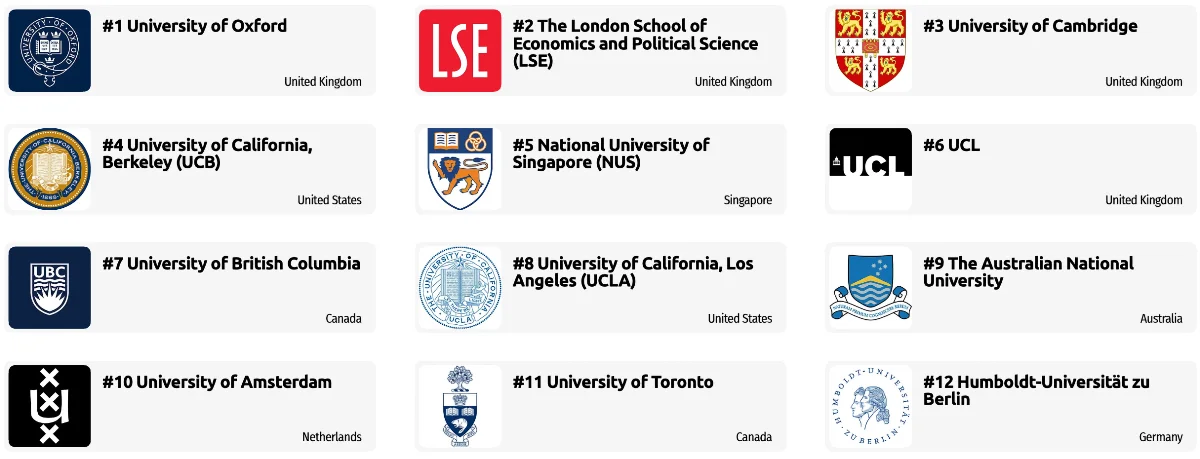Analyst

Analysts will often perform the following tasks:
- Identifying the underlying principles, reasons, or facts of information by breaking down information or data into separate parts.
- Using relevant information and individual judgment to determine whether events or processes comply with laws, regulations, or standards.
- Assessing the value, importance, or quality of things or people.
- Compiling, coding, categorizing, calculating, tabulating, auditing, or verifying information or data.
Innovator

Innovators will usually have four main goals:
- Developing or creating new applications, relationships, systems, or products.
- Providing creative ideas or artistic contributions.
- Keeping up-to-date technically and applying new knowledge to your job.
- Benchmarking, experimenting and testing novel approaches to solving problems.
Other work activities related to Remote sensing scientists and technologists
- Analyzing data acquired from aircraft, satellites, or ground based platforms, using statistical analysis software, image analysis software, or Geographic Information Systems (GIS).
- Developing or building databases for remote sensing or related geospatial project information.
- Integrating other geospatial data sources into projects.
- Preparing or delivering reports or presentations of geospatial project information.
- Organizing and maintaining geospatial data and associated documentation.
- Processing aerial or satellite imagery for creating products such as land coverage maps.
- Designing or implementing strategies for collection, analysis, or display of geographic data.
- Directing all activity associated with implementation, operation, or enhancement of remote sensing hardware or software.
- Collecting supporting data, such as climatic or field survey data, to corroborate remote sensing data analyses.
- Compiling and format image data for increasing its usefulness.







